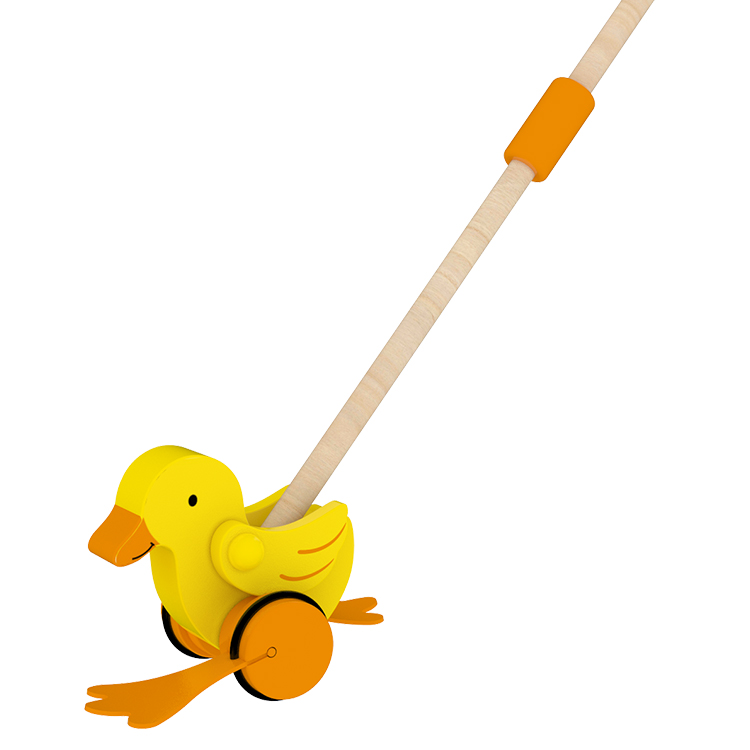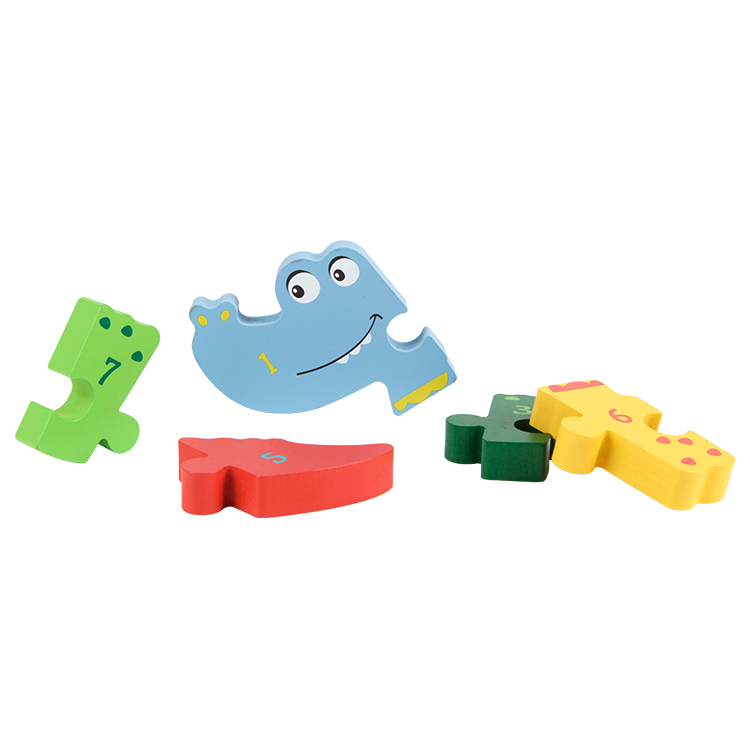To my surprise I don’t miss neurosurgery now I’ve retired, but still find joy in making things for my grandchildren
T he pictures on my iPhone photo roll for the past two years are mainly of my granddaughters and, more recently, of my newborn grandson, interspersed with destroyed and rusty Russian tanks in Ukraine, where I went this year, having regularly travelled to teach surgery therefor 30 years. Wooden Toy House

But there are also a few pictures from the workshop at the bottom of my garden of the doll’s house I have been building for Lizzie, my youngest granddaughter. I started working on it during lockdown and hope to finish it by Christmas. I suppose in some ways it is a substitute for operative neurosurgery as I “hung up my gloves” – as surgeons call retiring – more than two years ago, although I continue to teach and lecture.
I never put together detailed plans for things I make – just a rough sketch and the project then evolves, often going backwards as much as forwards. The doll’s house started as a castle with battlements but was gradually modernised, with a kitchen and bathroom, and then Georgian sash windows with hood mouldings. There are even Velux-like roof lights cut into the burr elm and ebony of the hammer beam roof – the dolls’ world version of English Heritage would not approve. Everything is held together with rare earth magnets, so it all opens up and several grandchildren (I have four) can play with it simultaneously.
I have always been drawn, almost compulsively, to making things with my hands. I found neurosurgery irresistible when I first encountered it more than 40 years ago, both because of its very serious nature and also because of the way in which much of the operating is done with a microscope. So I like fiddling, but the similarity ends there.
When you operate, especially if the operation is dangerous, you live very intensely. You live entirely in the present, and the world outside the operating theatre simply disappears. You are never bored. You cannot afford to make any mistakes. And making a mistake with your hands – your instruments slipping, for instance, or your hands shaking – is incredibly rare. The talk of surgeons of needing “steady hands” is mistaken – instead, you need steady nerves and intense focus and self-control.
Mistakes happen all the time, alas, in surgery – but they are almost invariably mistakes in decision-making. Whether to operate, how to operate, how hard to pull on a fragile blood vessel, and equally importantly, whether not to operate.
Working on the doll’s house in my workshop is a very different experience. My mind wanders and I often struggle against boredom, especially if the work is very repetitive, such as making multiple bannisters for a miniature staircase. I often get things wrong and have to saw up a new piece of wood and, cursing myself furiously, start all over again – not a luxury you have when operating. But woodwork was a release for me when I was a still a surgeon – nobody died when I made a mistake.
When I first became a consultant and started to carry out major operations on my own, I would experience a tremendous feeling of vainglorious triumph if an operation went well. But as the years went by, and the occasional disasters slowly accumulated, any sense of triumph was replaced by simple relief that things had gone well. “We were lucky,” I would say – without any false modesty – to the trainees working with me.
When I was a surgeon, all I wanted to do was operate and care for patients. The more difficult and dangerous the operation, the more I wanted to do it. To my complete surprise, I find that in retirement I do not miss the operating at all. This is probably in part because my appetite for stress and danger has faded with age.
But it is also because being a consultant surgeon in the NHS has changed profoundly over the past 12 years. Twelve years of austerity, with more and more “management” and “efficiency savings” (AKA cuts) substituting for investment, with the NHS struggling with more than 100,000 job vacancies, has led to surgeons losing much of the autonomy that my generation of surgeons had. My neurosurgical colleagues tell me that they struggle every day to get major operations done for lack of ICU beds. And if operations have to be cancelled and patients suffer, they get the blame.
So, as I fiddle with small pieces of wood in my workshop, I do not miss the operating although I miss my team of trainees and colleagues. I know that when the doll’s house is finished all I will see are the many imperfections. But I doubt if Lizzie will, and there is a great joy in making things.
Henry Marsh’s latest book, And Finally: Matters of Life and Death, is out now

Christmas Dollhouse Do you have an opinion on the issues raised in this article? If you would like to submit a response of up to 300 words by email to be considered for publication in our letters section, please click here.